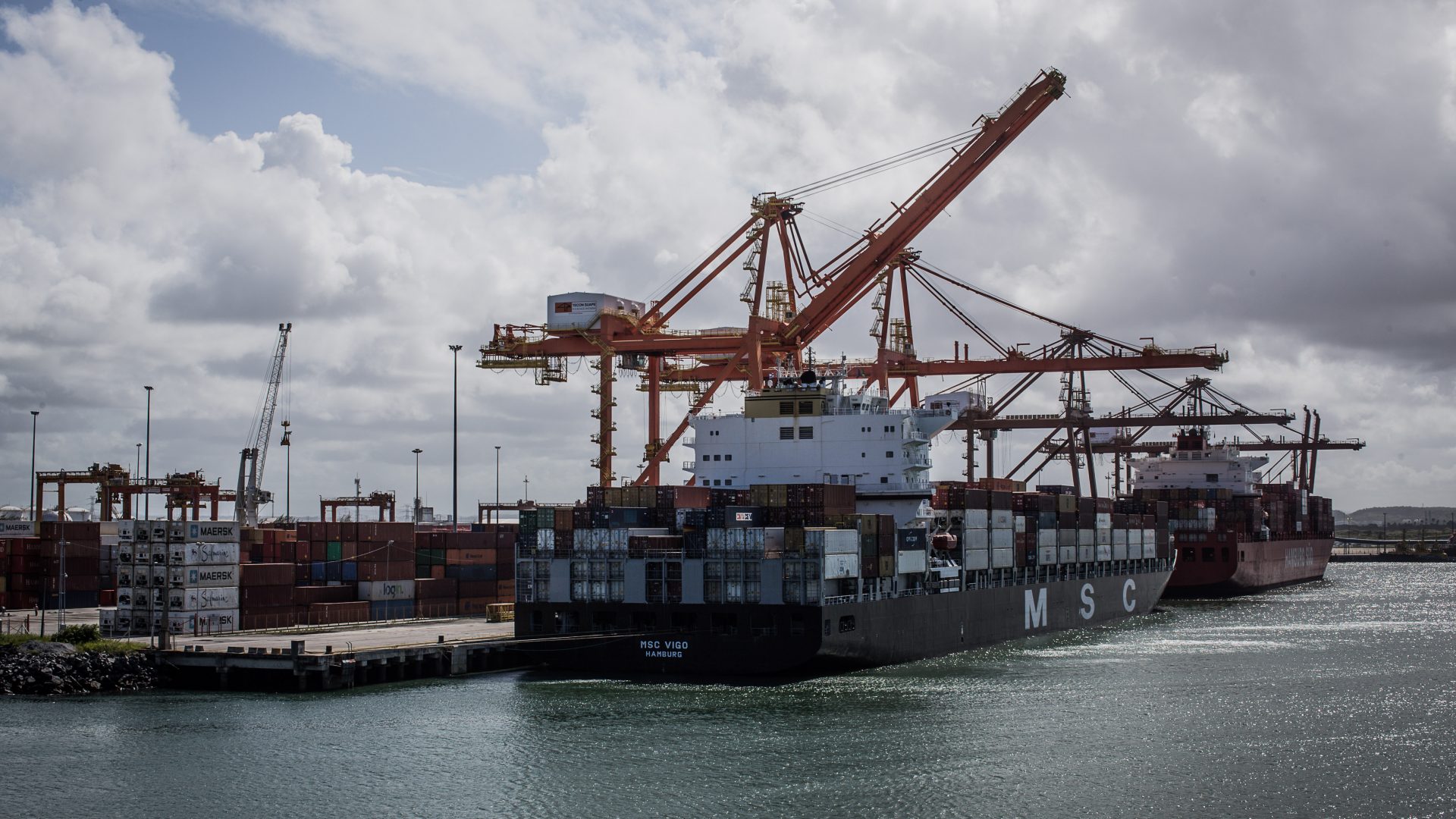Located in the state of Pernambuco, the Port of Suape is Brazil’s fifth-largest public port and the largest in the country’s Northeast region. In recent years it has consistently ranked amongst Brazil’s top 10 biggest ports in terms of the volume of cargo it handles, though it slipped to 11th place in 2021.
The sprawling complex, situated some 40 kilometers south of state capital Recife, is an economic motor for the entire Northeast region, but particularly for Pernambuco. Local authorities are now hoping that an administrative change could increase the port’s potential even further.
The Suape port is managed by an eponymous company owned by the Pernambuco state government, though — like all state-owned ports — private companies operate terminals within its premises.
However, in line with a 2013 legal reform, the responsibility for managing the port’s administrative matters lies in the hands of the federal government — more precisely national water transport agency Antaq and ports secretariat SEP.
Now, Suape is reportedly just weeks away from regaining its autonomy, meaning that the management of contracts and investments would return to port authorities.
The 2013 port reform
Ratified in 2013 by then-President Dilma Rousseff, the so-called ‘new port law’ modified legislation from 1993...


 Search
Search






































